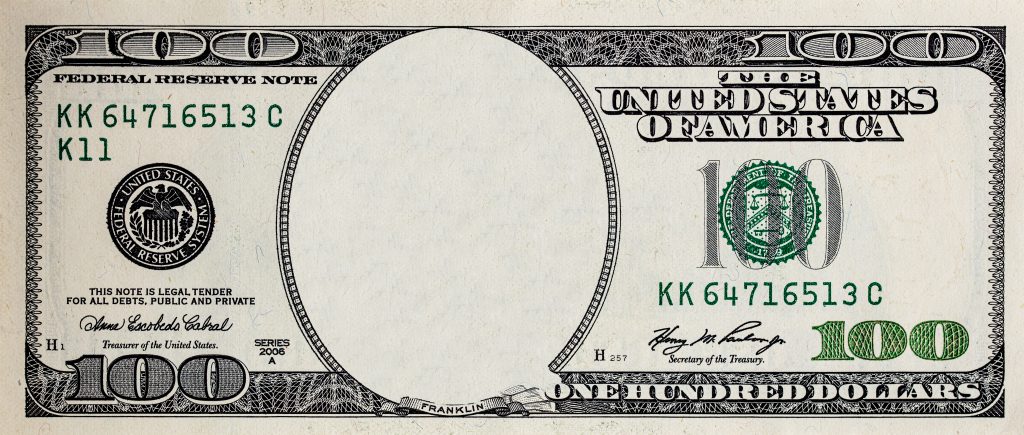The prime minister of Malaysia claims that the US dollar is no longer required to attract foreign investment. According to data from the International Monetary Fund, the dollar made up more than 58% of the world’s reserves in the fourth quarter of last year, but the president of the European Central Bank said this week that the US cannot take the dollar’s position as the world’s reserve currency for granted.
According to experts, the US dollar’s hegemony won’t be substantially threatened by proposals from other countries to stop using it as a reserve currency. In Q4 2022, the US dollar constituted more than 58% of the world’s reserves, according to data from the International Monetary Fund.
In a recent interview with Bloomberg, former Treasury Secretary Larry Summers made it obvious that he is not buying into the “de-dollarization” panic. Fed Chairman Jerome Powell claimed that there isn’t much of a danger to the dollar’s status as the world’s reserve currency during a March speech before the House Financial Services Committee.
Powell said, “I think it’s a pretty stable equilibrium,” adding, “It’s not a permanent equilibrium, but there isn’t really a serious rival, and that’s not because of anything here; it’s because our democratic institutions, the rule of law, and the fact that the value of the dollar is fairly stable.”
In conclusion, analysts think that the US dollar’s hegemony won’t be substantially threatened by calls from other countries to stop using it as a reserve currency. In Q4 2022, the US dollar constituted more than 58% of the world’s reserves, according to data from the International Monetary Fund1. Both former Treasury Secretary Larry Summers and Fed Chairman Jerome Powell have asserted that they don’t see any special danger to the dollar’s status as the world’s reserve currency.
With its digital renminbi, China is leading the world in mobile payments and has embraced central bank digital currency, which is poised to change the course of history by accelerating the shift from the age of paper money to the era of digital currency. The US dollar, the de facto international trade norm and the primary reserve currency, may be in danger from the digital yuan.
One of the three factors supporting US worldwide dominance, together with the US military might and alliance network, is the US dollar’s unique status. Only ten percent of world trade goes via the US, but fifty percent of that transaction is billed in dollars. Most nations throughout the world had previously accepted this excessive reliance on US currency, but more and more nations are now expressing a desire to lessen their reliance on the dollar.
Two dynamics that are mutually reinforcing one other are driving these calls for dedollarization. The first is the rising unease with US behaviour abroad, particularly its excessively aggressive use of economic coercion and long-arm jurisdiction. Today, one in ten nations are subject to US sanctions, and tens of thousands of people and companies are barred from the international banking system due to violations of what are known as “Washington’s rules.”
China’s expanding influence in international trade and finance is the second trend that is motivating these calls for dedollarization. As the US dollar is used more widely around the world, China’s new digital yuan, which is under the supervision of its central bank, may pose a challenge to it. As the US dollar gains in popularity around the world, China’s adoption of Central Bank Digital Currency through its digital renminbi may present a threat to the dollar.

 Noor Trends News, Technical Analysis, Educational Tools and Recommendations
Noor Trends News, Technical Analysis, Educational Tools and Recommendations




